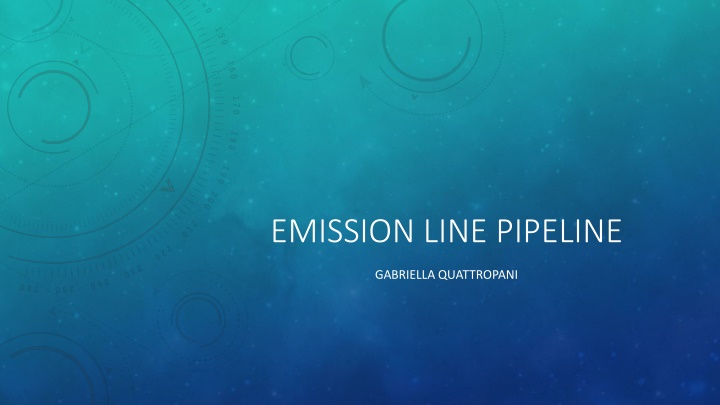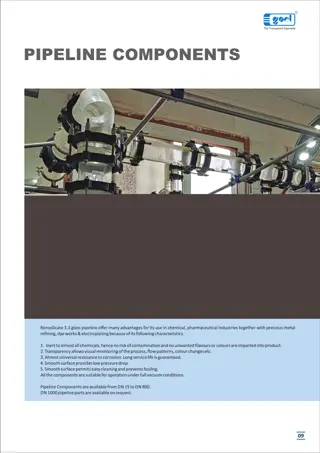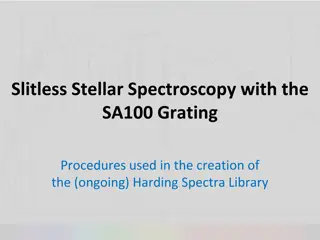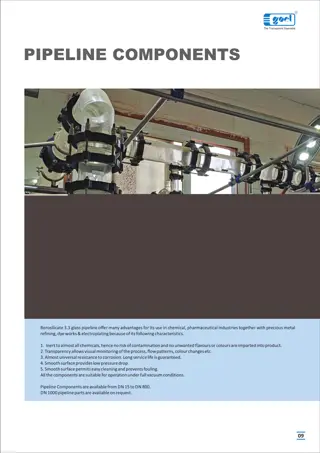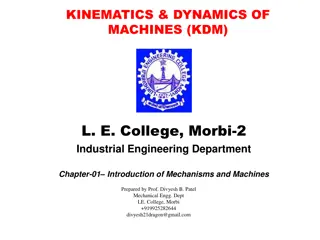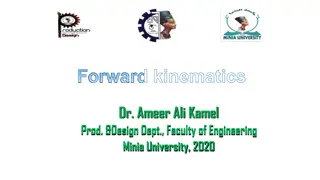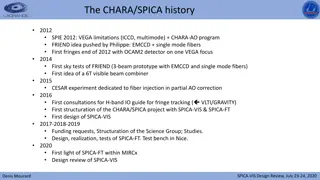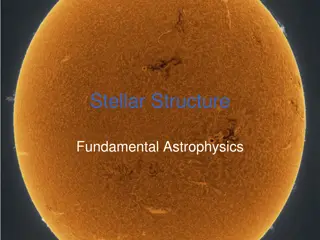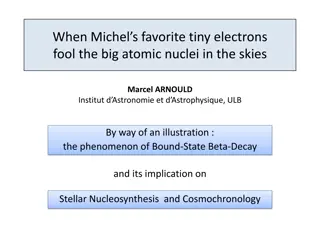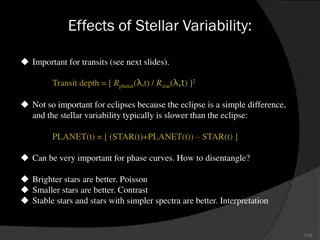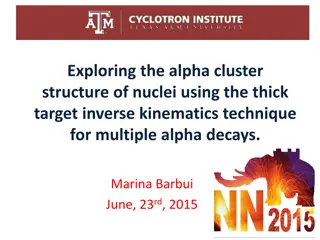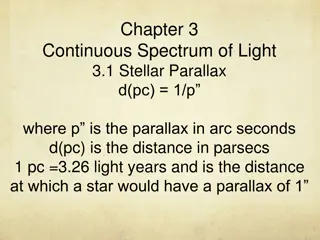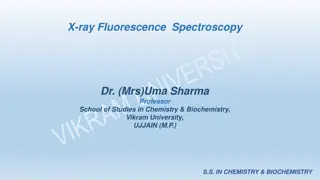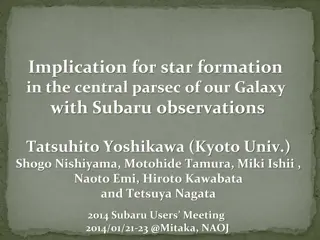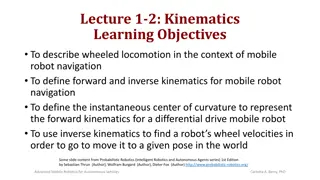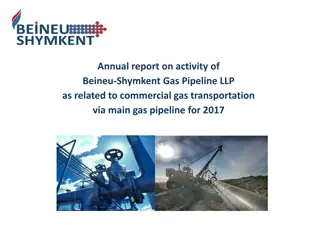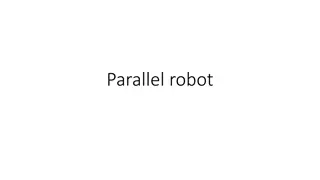Advanced Emission Line Pipeline for Stellar Kinematics Analysis
This comprehensive pipeline includes processes for stellar kinematics, continuum fitting, Gaussian line fitting, and analysis of SAMI-like cubes. It also covers Gaussian fitting techniques, parameter mapping, and potential issues. The pipeline features detailed steps and strategies for accurate analysis of emission lines in galactic spectra.
Download Presentation

Please find below an Image/Link to download the presentation.
The content on the website is provided AS IS for your information and personal use only. It may not be sold, licensed, or shared on other websites without obtaining consent from the author.If you encounter any issues during the download, it is possible that the publisher has removed the file from their server.
You are allowed to download the files provided on this website for personal or commercial use, subject to the condition that they are used lawfully. All files are the property of their respective owners.
The content on the website is provided AS IS for your information and personal use only. It may not be sold, licensed, or shared on other websites without obtaining consent from the author.
E N D
Presentation Transcript
EMISSION LINE PIPELINE GABRIELLA QUATTROPANI
PIPELINE PRODUCTS o o o o Stellar kinematics Stellar continuum fits Emission line gaussian fits SAMI-like emission cubes
STELLAR KINEMATICS Have binned and non-binned star and gas kinematics from pPXF. SN Uses: o 12-th order additive polynomial o X-shooter SSP Salpeter IMF and Padova00 isochrones
STELLAR CONTINUUM Blue cube Fit using pPXF. Uses: o o o Stellar kinematics held fixed 12-th order multiplicative polynomial X-shooter SSP Salpeter IMF and Padova00 isochrones Red cube o If SN < 5 optimal template used weighted sum of templates from ppxf run on binned spectra o If SN > 5 only templates with non-zero weights are used from run on binned spectra Primary = Stellar-continuum subtracted spectra
GAUSSIAN FITTING o Levenberg-Marqaurdt fitting o Multiple fits with different initial guesses - best chosen through ?2statistic o All lines tied kinematically - next run can tie forbidden and balmer lines separately (Is this necessary for all galaxies?) o Flux ratios held at 3 for [OIII], [OI], [NII] o Some lines not fit due to gaps in spectra or due to redshift - currently fluxes are nan d if this occurs. If the fit decides there is no component in that region the flux will be 0.0. Next run have bit-masking so we can immediately see which lines are not being fit. This varies spaxel to spaxel!
SAMI-LIKE CUBES Currently 4 outputs: 1, 2, and 3-comp fits for each spaxel and recommended component fit using BIC Can just use 1-comp fits but beware 2-comp/3-comp - only useful if you want to use your own recommendation scheme i.e. something other than BIC. You rarely need 2nd and 3rd components in the outskirts of the bundle. Recommended comp Mask for which component to choose
POTENTIAL ISSUES: Cubes with gaps in maps Cubes with gaps in spectra in various spaxels Are the fits good/reasonable? Cubes with no emission
